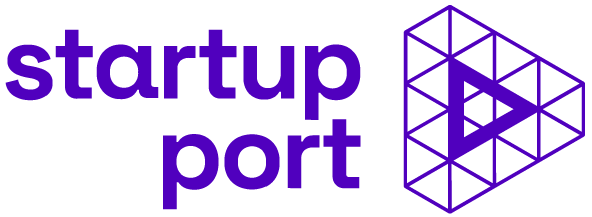The mo:re start-up from Hamburg University of Technology recently won the GründerGeist competition – an opportunity for an interview with founder Lukas Gaats. mo:re is developing a compact and easy-to-use robot and software platform that sets new standards for what is possible during a medical research study. The aim is for every laboratory to have a microlab of this kind in order to make research on 3D cell models a simple and affordable alternative to animal testing.
You presented your revolutionary technology, which could make animal testing superfluous, at GründerGeist. How did you come up with the idea for this micro-laboratory and what is mo:re’s long-term vision for medical research?
The idea of founding a start-up came to me during a research stay with Professor Dietmar Hutmacher at QUT in Australia. There we researched the basic principles of our product in a doctoral thesis, but after various user interviews we quickly recognized the commercial potential of automated cell culture.
In the long term, it is about much more than replacing animal experiments: The mini-organs we grow are a key to personalized medicine. From a small tissue sample, we can grow hundreds of mini-organs that exactly replicate the patient’s clinical picture. After analyzing and testing this tissue, tailor-made therapies can then be selected that reduce side effects and offer patients the best possible chance of recovery.
Were you surprised by the first prize? What feedback have you received so far for your innovative idea?
We are aware of the social relevance of our topic, which is why we went into the final with confidence despite strong competition. After the pitch and the subsequent discussion with the jury, I had a very good feeling.
The response from users has been excellent, as we have developed a very easy-to-use solution and our early adopters have recognized the problems of growing mini-organs and therefore see a benefit. Our product is often difficult to explain to investors and the public because we operate at the interface of biology, robotics and software.
You are talking about the possibility of growing 400 mini-organs on a plate and automating the process with the help of robots: How far has this technology already progressed and what specific applications do you see for the near future?
Our prototype is fully operational and has already produced mini-livers and mini-pancreases automatically. The next step is to integrate the “cooking recipes” for other organs into our platform and also to increase throughput, as there are already possibilities to grow far more than 400 mini-organs per plate.
Every innovation brings challenges with it. What are the biggest hurdles that mo:re has overcome so far and what do you expect in the next phases, particularly with regard to acceptance, scaling and integration of your technology into existing labs?
In addition to completing the prototype, I am very proud of the team we have been able to put together – in addition to technical expertise, we have a strong sense of team spirit, which means we have fun even in difficult phases.
The biggest hurdle at the moment is putting together our seed round to bring the product to market. We always find a high level of acceptance in the laboratories of our early adopters, as they are all already involved in the cultivation of mini-organs and therefore recognize the associated problems. We are now collecting a lot of data with you so that we can convince even skeptical users with clear facts about time savings or better significance of research results.
How did the Startup Dock or Startup Port support you in founding your company?
After returning from Australia, the Startup Port was the obvious place for me to start. While my co-founder David and I already had a lot of knowledge from our MBA at NiT, the Startup Port helped us with the implementation. Together with our start-up consultant Andrea Otto, we collected our first funding and applied for the EXIST start-up grant, where our business idea developed significantly.
Link to the founding story of mo:re as part of our Startup Stories

